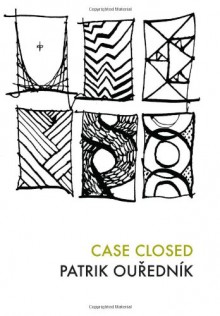
La maison aux mille étages
D'accord. Je serai ce Pierre Brok, détective, jusqu'au moment où je me souviendrai... Je rechercherai la princesse. Étant sans passé, je trouverai peut-être l'avenir.
- Eh bien, Monsieur Muller, œil pour œil, piège pour piège ! Tu n'es pas venu au rendez-vous au n°99? Il a bien fallu que je vienne jusqu'à toi pour pouvoir enfin te parler.

 Log in with Facebook
Log in with Facebook 








